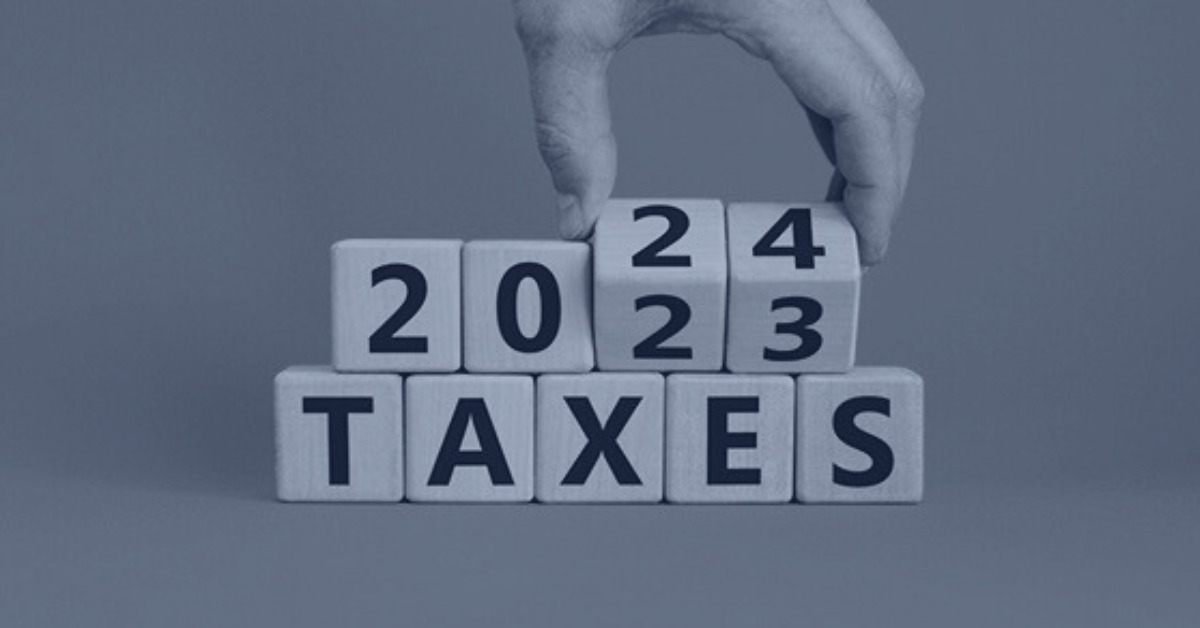ATA WELCOMES NEW PARTNER
MILAN, TN. — ATA adds Miles Anderson, CPA to its partner group, effective January 1, 2024.
Miles began his career at ATA over ten years ago. He has worked in a variety of industries but has created a focus in ERISA audits and tax services for individuals and businesses. As partner, he will help lead the Milan location and be responsible for meeting client’s needs and goals as well as mentoring and providing professional development to others in the firm.
“Congratulations to Miles on his contributions and hard work,” said Managing Partner John Whybrew. “Exciting times are ahead for him and the future of our firm. Without a doubt, Miles will make a positive impact in his new role.”
“I’m thankful and excited for the opportunity to take the next step to grow professionally in my career,” said Miles Anderson. “The leadership of ATA has done an exceptional job in mentoring me and instilling core values important to our firm that revolve around customer relationships. I look forward to what the future holds at ATA.”
Miles received his Bachelor of Science in accounting from Christian Brothers University and his Masters of Accountancy from Tennessee Tech University. He is a member of the Member of First United Methodist Church of Milan, TN as well as a founding board member and graduate of Gibson County Leadership Alumni Association.
###
About ATA
ATA is an advisory firm that works with clients on all aspects of their business needs. ATA guides its clients towards success by providing consulting services that are not traditionally associated with the accounting industry. For example, Revolution Partners, ATA’s wealth management entity provides financial planning expertise; ATA Technologies provides trustworthy IT solutions; ATA Digital focuses on growth through the design and development of marketing and digital products as well as offers video, social media, and digital content for small businesses; ATA Capital is an investment banking firm dedicated to providing clients with M&A brokerage services; and lastly, ATA Employment Solutions is a comprehensive human resource management agency.
ATA has 16 office locations in Tennessee, Arkansas, Kentucky and Mississippi. Recognized as an IPA Top 150 regional accounting firm, it provides a wide array of accounting, auditing, tax and consulting services for clients ranging from small family-owned businesses to publicly traded companies and international corporations. ATA is also an alliance member of BDO USA LLP, a top five global accounting firm, which provides additional resources and expertise for clients.









